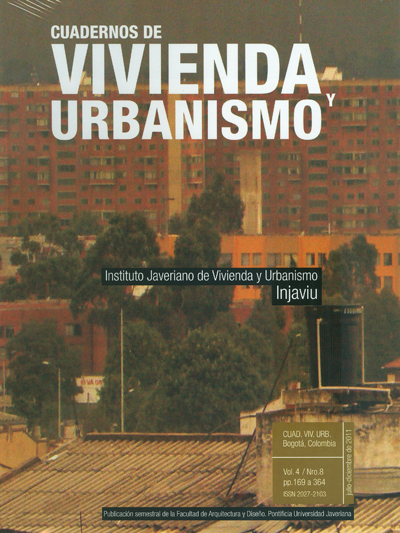Resumen
Las ciudades venezolanas y latinoamericanas se caracterizan por la hibridez-mestizaje de su fábrica urbana formal-informal, así como por su insostenibilidad, producto de la urbanización de la pobreza, dispersión, asimetrías en calidad de vida y déficit de ciudadanía. Para superar estos déficits se ejecutan en Venezuela políticas-programas sociales como Ciudadanía Plena (PCP), los programas de la gobernación del Zulia y las misiones del gobierno nacional. El artículo evalúa sumariamente el potencial de estos programas para construir ciudadanía y ciudades sostenibles desde su formulación como política-programa. Se caracterizan y comparan los programas considerando: objetivos, actores participantes, modelos de gestión y valores. Se concluye que los tres programas coinciden en el diagnóstico del problema y difieren, en el modelo de gestión aplicado, en los actores involucrados y en los valores asumidos. El PCP fortalece el capital social, emponderando a ciudadanos y los programas nacionales y estatales, mediante el marketing de resultados, incrementan la legitimidad y capital político utilizando subsidios que, de forma diferencial, refuerzan la dependencia y obstaculizan la formación de ciudadanía y ciudades sostenibles.
Esta revista científica se encuentra registrada bajo la licencia Creative Commons Reconocimiento 4.0 Internacional. Por lo tanto, esta obra se puede reproducir, distribuir y comunicar públicamente en formato digital, siempre que se reconozca el nombre de los autores y a la Pontificia Universidad Javeriana. Se permite citar, adaptar, transformar, autoarchivar, republicar y crear a partir del material, para cualquier finalidad (incluso comercial), siempre que se reconozca adecuadamente la autoría, se proporcione un enlace a la obra original y se indique si se han realizado cambios. La Pontificia Universidad Javeriana no retiene los derechos sobre las obras publicadas y los contenidos son responsabilidad exclusiva de los autores, quienes conservan sus derechos morales, intelectuales, de privacidad y publicidad.
El aval sobre la intervención de la obra (revisión, corrección de estilo, traducción, diagramación) y su posterior divulgación se otorga mediante una licencia de uso y no a través de una cesión de derechos, lo que representa que la revista y la Pontificia Universidad Javeriana se eximen de cualquier responsabilidad que se pueda derivar de una mala práctica ética por parte de los autores. En consecuencia de la protección brindada por la licencia de uso, la revista no se encuentra en la obligación de publicar retractaciones o modificar la información ya publicada, a no ser que la errata surja del proceso de gestión editorial. La publicación de contenidos en esta revista no representa regalías para los contribuyentes.


